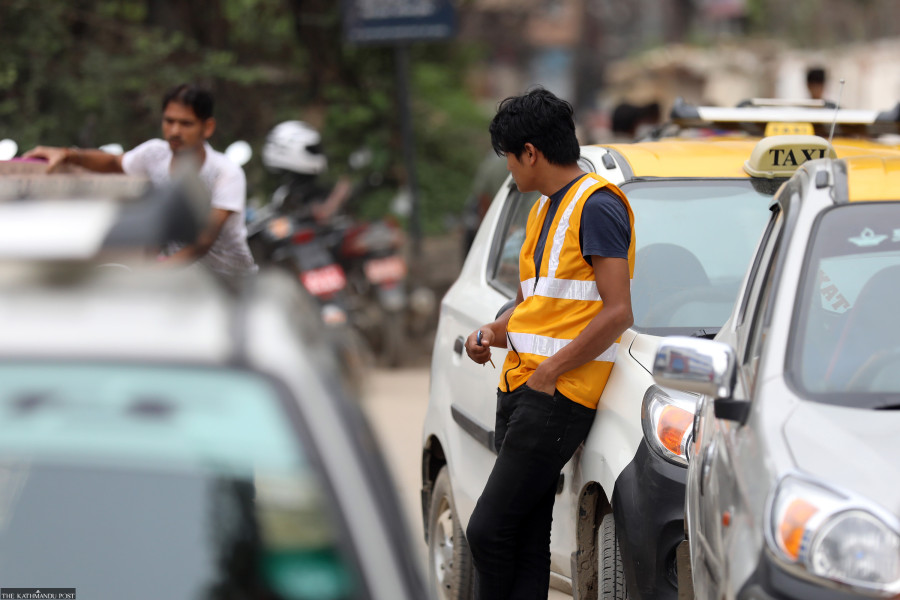Editorial
Sooner the better
There is no justification for further delaying ride-hailing services’ regulations.
Navigating the chaotic streets of Kathmandu would be a lot harder without online ride-sharing services like Pathao, InDrive and Tootle. Not only have they eased navigation and provided countless jobs. They are also safe and convenient means of transport for women. These services are handy, too, as they can be booked within a minute through online apps. Hence, their popularity continues to grow—Pathao now facilitates more than 150,000 rides and deliveries daily and is available in 18 cities across Nepal, in all seven provinces. More than 200,000 people are engaged with the platform, including over 90,000 bike riders, 10,000 taxi drivers and 5,000 delivery personnel. InDrive, another popular service launched in Nepal in April 2024 after unofficially operating for two years, serves users in Kathmandu, Pokhara and Chitwan.
The government, however, has repeatedly tried to impose restrictions on these services without enacting specific guidelines for their functioning or laws to govern them. While there are tax compliance concerns, security issues related to offline rides, and questions of worker protection and insurance, these are not insurmountable challenges. In fact, authorities have been dilly-dallying to remove the legal hurdle: The Motor Vehicles and Transport Management Act 1993 which states that “vehicles registered for private use should not be used for public transport”. The Patan High Court in February 2020 ordered the authorities to legislate such use, following which they recognised the services under the Industrial Enterprises Act 2020. Guidelines were drafted last February. But those guidelines remain stuck in the dark drawers of the Bagmati provincial Ministry of Labour, Employment and Transport.
Given the slow process, the Supreme Court in January ordered that legislation for the ride-sharing services be expedited. Meanwhile, in Gandaki Province, public transport operators demonstrated in July last year when the provincial government proposed new guidelines to bring such services under law. Frequent government changes have also halted enforcement of the guidelines, inviting uncertainty for the companies and commuters and resulting in the loss of millions in taxes.
Except for a few who have harassed users in the name of offline rides, ride-sharing services have largely benefitted the public. And bringing them under specific guidelines will clarify who can participate in the service, and help regulate the fares, mandate foreign ride-hailing companies to establish a representative office in Nepal and bring competition for new entrants. In Kathmandu Valley in particular, where more than 1.75 million vehicles ply, these services will help reduce traffic congestion, offering much-needed relief to denizens.
Globally, more and more countries now have laws to regulate ride-sharing companies, which ensure passenger safety and security. We should emulate their practices and focus on leveraging the benefits of these services. If the guidelines are enacted, it will also be a good means of livelihood for countless gig workers. The demand for ride-hailing services is rising, the benefits are evident and legal loopholes solvable. It is high time the government removed the hurdles and facilitated a seamless operation of these beneficial services. We cannot be Luddites and turn our back on this amazing gift of modern technology that helps both the citizens and the state in countless ways.




 9.89°C Kathmandu
9.89°C Kathmandu














